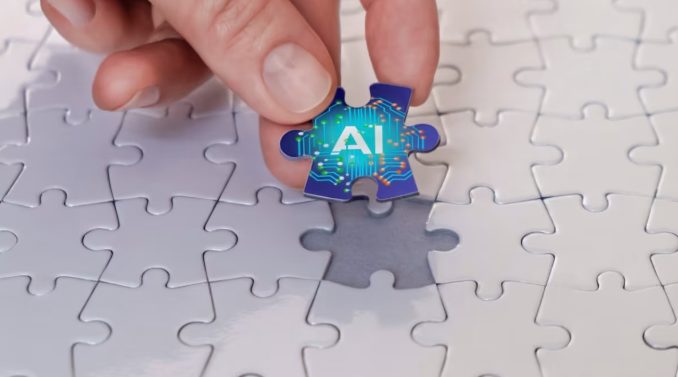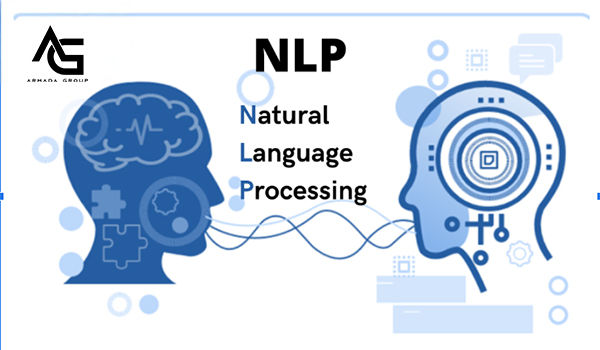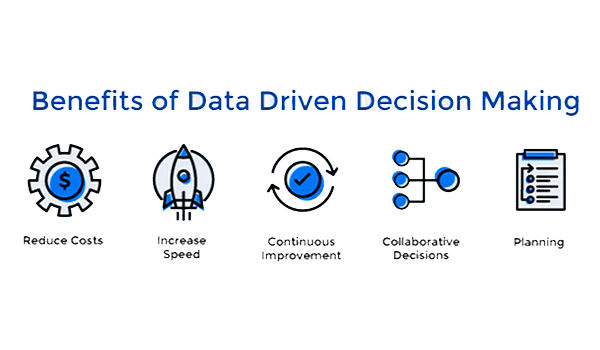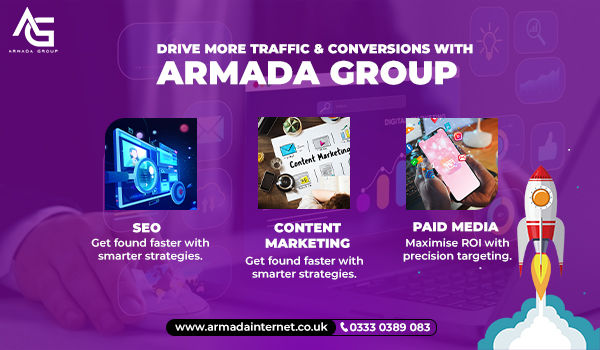5 AI-Powered Strategies Redefining Digital Marketing in 2025
- Unitel Search Console
- Apr 23, 2025
- 5 min read
Artificial intelligence has transformed the face of digital marketing. It makes marketing easy, fast, efficient, and even enjoyable.
With the latest AI-powered marketing tools, tasks that once took weeks – like market research, content creation, and campaign optimisation – can now be completed in just a couple of days. No more scratching your head for fresh marketing ideas; simply ask the AI, and it will generate more creative suggestions than you can handle, helping you stay ahead of the competition.
As AI continues to evolve, its impact on digital marketing is only expected to grow. By 2025, advancements in AI-powered tools will enable marketers to deliver hyper-targeted content, predict consumer behaviour with precision, and automate even more complex processes. These innovations are fundamentally reshaping the way we develop and execute marketing strategies.

This article explores five leading AI-powered strategies that are revolutionising the industry in 2025. We’ll also take a look at the top tools available, how to choose the best ones for your needs, their benefits, potential challenges, and more.
The Evolution of AI in Digital Marketing
The digital marketing landscape has undergone a significant transformation from 2020 to 2025, largely driven by AI technologies. Brands have been quick to adopt artificial intelligence to improve the efficiency and effectiveness of their marketing efforts. The technology has matured rapidly, moving beyond basic automation to deep learning and advanced analytics.
Marketers now rely on AI to:
Automate labour-intensive tasks
Create and deliver personalised experiences
Analyse large datasets for better insights
Engage audiences in real-time across multiple platforms
This shift has empowered businesses to make data-informed decisions, reach the right audience at the right time, and maximise return on investment (ROI). As AI capabilities expand, so too does its role in defining the future of digital marketing.
1. AI-Driven Personalisation
From personalised email campaigns to dynamic website content, AI’s role in personalisation has grown significantly over the last five years. Using data from user behaviour, purchase history, browsing patterns, and even geolocation, AI can create uniquely tailored marketing experiences for each individual.
By 2025, consumers no longer respond well to generic messaging. They expect personalised experiences at every touchpoint. AI enables this by:
Recommending products based on past behaviour
Adjusting web content in real time
Triggering tailored email workflows
This shift leads to stronger customer relationships, higher conversion rates, and greater brand loyalty. Personalisation, powered by AI, has moved from being a luxury to a necessity in competitive digital markets.
2. Automation and Efficiency Gains
AI-driven automation is revolutionising how marketers manage their daily tasks. From automating ad bidding and email marketing to social media posting and customer segmentation, AI has become a digital assistant that never sleeps.
In 2025, marketing teams benefit from AI tools that:
Schedule content for optimal engagement times
Automatically adjust budget allocations based on performance
Trigger retargeting ads when users abandon carts
This kind of smart automation reduces manual workload, minimises human error, and ensures campaigns are always running at peak performance. As a result, marketers can focus more on strategic planning and creative innovation.
3. Natural Language Processing (NLP) and Conversational Marketing

Natural Language Processing (NLP) is the backbone of conversational marketing. It allows machines to understand, interpret, and respond to human language in a way that feels natural and intuitive. In 2025, NLP has evolved to such an extent that chatbots, virtual assistants, and content generators can hold meaningful, human-like conversations.
AI-powered tools now:
Handle customer service queries 24/7
Optimise content for voice search
Generate high-quality written content with proper tone and context
This enables brands to deliver immediate and personalised responses to customer queries, improving user satisfaction and boosting engagement. With the rise of voice-activated technologies, marketers must also optimize their content for spoken queries, enhancing accessibility and visibility.
4. Predictive Analytics: Data-Driven Decision Making
Predictive analytics leverages AI to analyse vast datasets and forecast future trends, behaviours, and outcomes.

By 2025, this approach has become indispensable for marketers who want to stay ahead of the curve.
Key applications include:
Identifying which leads are most likely to convert
Forecasting revenue based on customer segments
Optimising content and campaign strategies based on historical performance
Predictive analytics turns guesswork into data-backed decision-making. It allows marketers to allocate budgets more effectively, time their outreach precisely, and anticipate customer needs even before they arise. This results in higher ROI and more efficient marketing funnels.
5. Rise of Machine Learning in Marketing
Machine learning enables AI systems to improve their performance over time by learning from data. In marketing, this means smarter algorithms, better targeting, and more refined strategies.
By 2025, machine learning is used to:
Automatically refine audience segments
Detect trends before they become mainstream
Adjust marketing messages based on real-time feedback
These capabilities help marketers stay agile in a fast-paced environment. Rather than relying on static campaign plans, brands can now execute dynamic strategies that adapt to user behaviour and external trends in real time.
Top 5 AI Digital Marketing Tools to Use in 2025
ChatGPT – Ideal for content generation, customer service, and creative brainstorming.
Grammarly’s Tone Detector with AI Enhancements – Ensures your communication hits the right emotional note.
HubSpot’s AI-Powered CRM – Delivers smart lead scoring and tailored customer journeys.
Jasper – Automates blog writing, ad copy creation, and social media captions with flair.
SEMrush’s AI-Powered SEO Toolkit – Offers real-time keyword suggestions, competitor insights, and backlink strategies.
Criteria for Choosing the Best AI Tools for Digital Marketing
When selecting AI tools, consider the following:
Ease of Integration – Can the tool plug into your existing tech stack without friction?
Real-Time Data Analytics – Does it offer live insights for rapid decision-making?
Personalisation Capabilities – Can it deliver unique experiences based on individual behaviours?
ROI Impact – How effectively does the tool help you meet your KPIs and improve results?
Benefits of AI Tools for Digital Marketing
Customer Engagement Through Personalisation – Better relevance means better engagement.
Efficiency in Campaign Management – Less time on tasks, more time on strategy.
Data-Driven Decision-Making – Make smart moves with confidence.
ROI Through Automation and Predictive Insights – Invest smarter with accurate forecasts and optimisations.
Challenges and Considerations When Using AI in Marketing
Data Privacy Concerns – AI needs data, but data comes with responsibility. Ensure GDPR compliance.
Over-Reliance on Automation – Don’t lose the human touch in your campaigns.
Integration Complexities – Some tools may require IT support or training to implement.
Difficulty in Measuring ROI – AI influences multiple metrics, making direct attribution tricky.
Ethical Considerations – Use AI responsibly, especially in content generation and customer interaction.
Conclusion
AI-powered digital marketing is not just a trend—it’s the foundation of modern marketing strategy. By adopting the right tools and strategies, businesses can personalise at scale, operate more efficiently, and drive greater value from their campaigns.
Looking to future-proof your digital strategy with AI?

Armada Group, a UK-based leader in AI-powered digital marketing, delivers innovative AI solutions tailored to your business needs. Whether you’re looking to automate workflows, personalise user experiences, or dive deep into analytics, Armada Group will help you achieve measurable results.
FAQs
Q: How to choose the best AI tool for digital marketing?
A: Focus on integration, analytics, personalisation, and ROI capabilities.
Q: What are the best AI digital marketing tools in 2025?
A: ChatGPT, Jasper, HubSpot AI, Grammarly Tone Detector, and SEMrush SEO Toolkit top the list.
Q: How does AI benefit digital marketing?
A: AI increases efficiency, personalisation, and ROI while supporting smarter decisions.
Q: What type of AI is used for marketing?
A: Natural language processing, machine learning, and predictive analytics are the most common.
Q: How is AI used in digital marketing?
A: It powers chatbots, automates campaigns, enhances content, optimises SEO, and more.



Comments